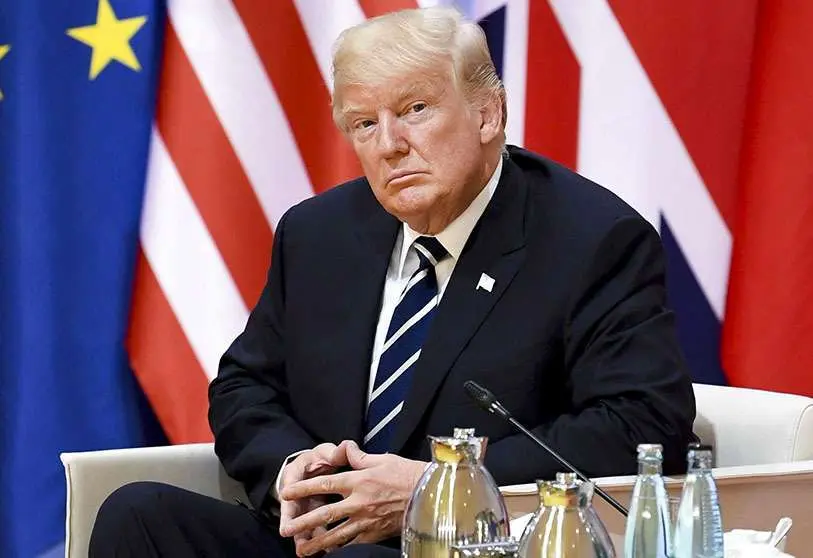Trump in Libya

The individual performance of the President of the United States, Donald Trump, is well known. On many occasions he relies on his first impulses which always take into account his personal and political interests and afterwards the interests of the United States. He uses his famous and controversial Twitter account and launches his messages without consulting the respective departments.
Admittedly, some of Trump's approaches are not as simple as they appear and are due to specific analyses by his closest core of advisors. The problem is the scarce connection of that core with such relevant departments as the Pentagon, in the crisis of racial protests, and Trump's intention to take the military to the streets is rejected by the still responsible for Defense or as the Secretary of State, at the time responsible for Foreign Affairs, with the assessment of Egypt's proposal to achieve a solution in Libya.
We have on the table Trump's support for the Cairo initiative while the Secretariat of State issues a statement that clearly opposes and seems to encourage Turkey to ignore the Egyptian proposal, even though it offers a solution that is acceptable and fair to both parties. It seemed that the White House was regaining control of US policy in a Mediterranean country as strategic as Libya, but the still Secretary of State, Mike Pompeo, through his deputy for Near Eastern Affairs, David Schenker, is reluctant to lose his influence. Trump, who implicitly supports the Libyan National Army (LNA), rejects the control of Libya by Islamist groups since the overthrow of the regime of the late Colonel Muammar Gaddafi, which had led, among many other things, to the assassination of former US Ambassador to Libya Christopher Stevens. Trump's direct advisers view with concern Turkey's dispatch of Syrian fighters from Idlib to Libya, including terrorists from the Daesh and Al-Nusra Front, as a threat to the security of America's allies in North Africa and Europe.
To contradict Trump, who had expressed his support for Egypt's proposal with an immediate ceasefire and the revival of the Berlin negotiations between all parties, is to encourage the escalation of the war. Marshal Haftar, leader of the LNA, has withdrawn part of his troops, which have been trying to take Tripoli for a year, persuaded by France and Russia to resume political negotiations but the result is a violent escalation by Turkish troops and Islamist militias trying to recover the city of Sirte. In addition, doubts have arisen over the neutrality of the new UN special envoy, US diplomat Stephanie Williams, who is closer to the State Department than to the White House.
The American concern lies in Russia's increased presence on Libyan soil, but the reality is that Turkish ambition, allied with the Islamists, seeks control of the oil-producing areas of the Crescent and the south and to strengthen its role in the Mediterranean. Making Libya a new Syria, as the State Department's support for Turkey seems to claim, goes a long way towards stability in the region and European interests.

